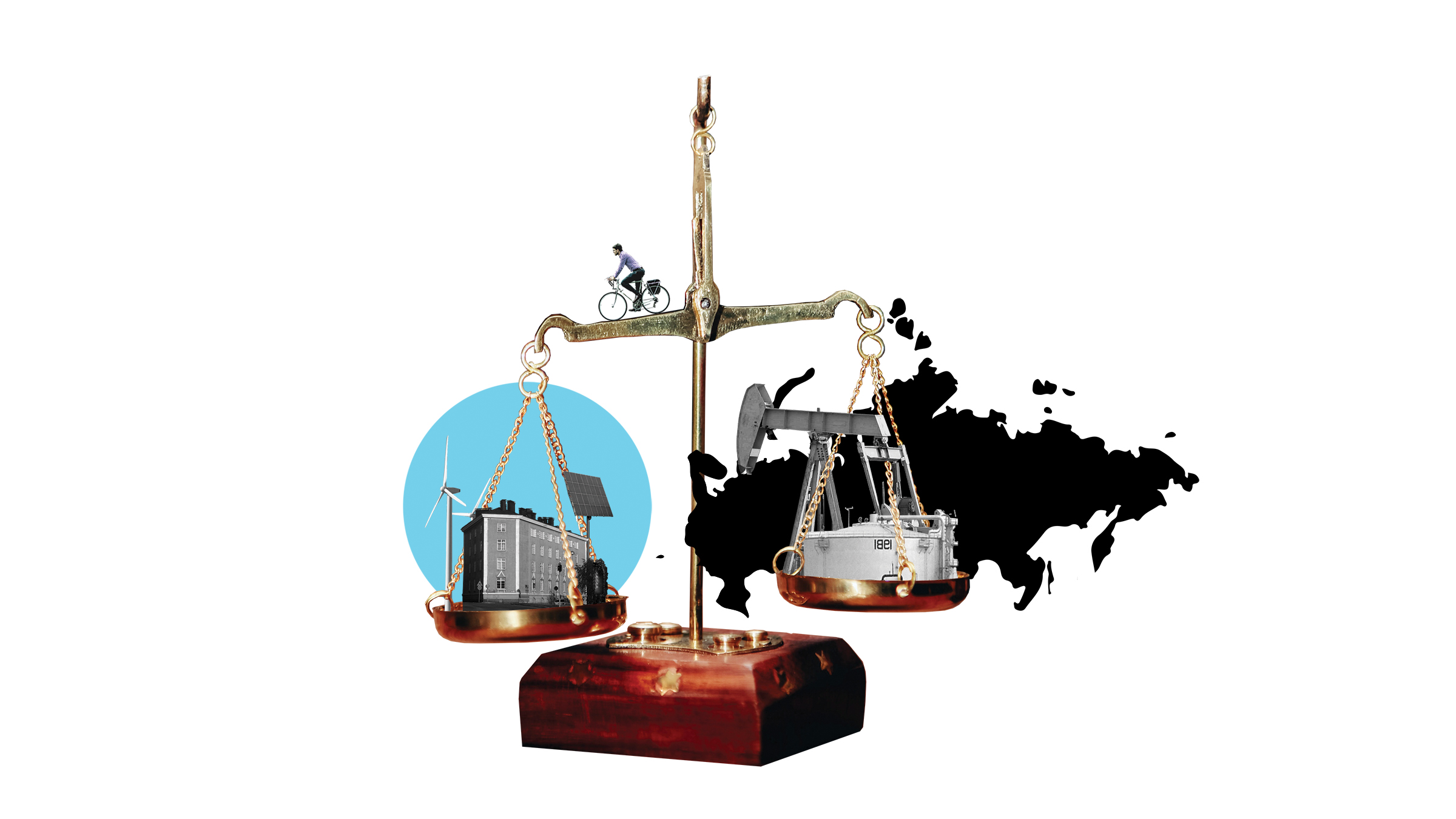The war of aggression launched by Russia against Ukraine is causing immense human suffering and massive material damage. We could also face a major energy crisis in Finland and Europe if energy prices rise to unprecedented levels or there are serious disruptions to energy supplies.
But this is not the first time that countries around the world have faced sudden energy price rises and shortages. Many Finns will still remember the efforts to save energy during the oil crisis in the 1970s. A new working paper by Sitra On the Brink of an Energy Crisis looks at what can be learned from the past. It makes four proposals for Finland to prepare for a deep energy crisis.
During the 1973 oil crisis, various countries were helped by energy saving and using domestic oil or switching to alternative fuels. After the 2011 tsunami disaster at the Fukushima nuclear power plant in Japan, the country managed to replace about half of the lost electricity through energy saving and efficiency measures.
“These examples show that in the short-term countries can cut their energy consumption a lot and quickly. They also need to invest in their own clean energy production and the introduction of new technologies,” says Sitra Director Mari Pantsar.
Four proposals for dealing with a deep energy crisis
Firstly, we need visibility and open debate on the various possible future developments – even unpleasant ones. Investing time and resources in preparation will pay off at a time of crisis. On a positive note, Finland has a comparatively good level of preparedness.
Secondly, it is now worth investing in energy saving and efficiency as part of preparedness. In a serious energy crisis, energy consumption must be adjusted quickly, but voluntary measures should be promoted even if we avoid a serious crisis.
“By saving energy, we all have the opportunity to get involved and delink Finland from Russian energy. For households, saving energy also means saving money,” says Sitra Senior Advisor Oras Tynkkynen.
Thirdly, the electricity and heat production to replace Russian energy must be secured urgently to minimise disruption. The transition will be easier if we, for instance, speed up the construction of sustainable renewable energy capacity and hasten the move away from oil and gas heating.
Finally, it is important to defend our common future. Solving the ecological sustainability crisis requires determined action towards a circular economy society that is sustainable for the climate and nature. For example, investments in solutions such as offshore wind power, district heating without burning fuels and synthetic fuels are also investments in the future.
Read more:
On the Brink of an Energy Crisis – What Can We Learn from the Past?




















Recommended
Have some more.